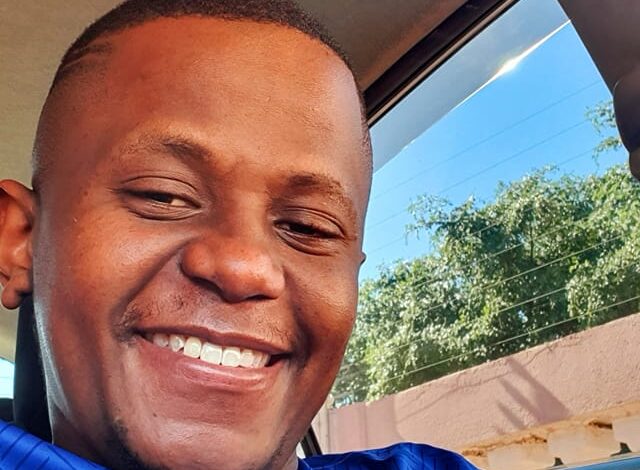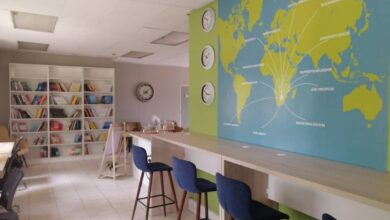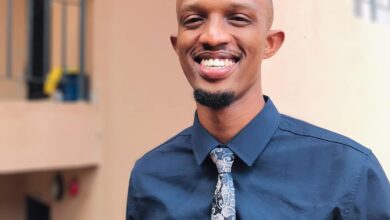The Secret To Entrepreneurial Success In Botswana- Bone Prince Lekgotle

The secret to entrepreneurial success in Botswana- Bone Prince Lekgotle. Bone Prince Lekgotle is a young business man based in Gaborone Botswana.
“The first and probably the important thing an entrepreneur has to do in order to succeed is to undertake reconnaissance to ascertain the economic terrain upon which the country which they intend to operate in depends. Our economy depends on government expenditure to operate. Government expenditure is to our economy as oxygen is to the body and oil to the engine of a motor vehicle.

Our economy depends heavily on mining therefore entrepreneurs have to come up with ideas that can leverage their position in the mining sector of the economy. It is a marvel how Debswana pays South Africans hundreds of millions of pula for equipment or the maintenance thereof and services that should be provided by local entrepreneurs through partnerships or otherwise. There are very few local players, especially young entrepreneurs in the supplies of mining equipment or consumables yet the business brings impressive returns that unfortunately are currently being repatriated to South Africa or God knows where.
Our economy also depends on tourism and this is, in big proportion, because tourism forms a large part of our GDP so young entrepreneurs have to come up with businesses along the lines of tourism. It is also a marvel that most of the tourism concessions are in the hands of foreigners who own private companies like Wilderness Safaris. These companies along with the white expatriates continue making enough money in the year to last a lifetime for most families in Botswana. Therefore, entrepreneurs need to work with government to ensure that Batswana have ownership or the lease of these tourism concessions in order to upscale their position and portfolio in the economy.
In addition, our economy is predominantly a consumption economy and not production based. Our import bill is one of the highest in the southern hemisphere. Therefore, there are many opportunities in the realms of manufacturing and farming notwithstanding the high initial capital costs associated with such endeavours. Be that as it may, Muslims and Whites dominate the retail industry from the sale of motor vehicles, food, spares, clothing, building material, gadgets, phones and even water itself.
It says a lot about entrepreneurs in Botswana if Muslims can travel all the way from Asia (and the Middle East) to start businesses that we should have started a long time ago. Where was the acumen? Despite the abovementioned and the odds they present the only way young entrepreneurs in Botswana can level the playing field and push back is through a collective effort. Many entrepreneurs, especially the young are a one man mission to build their businesses and will go as far as an ant travels to visit another ant hill on the other side of their place of abode and possibly have a prayers hope to challenging the Muslims.
Save to say success at that endeavor is no more real than unicorns and tooth fairies. We need as young entrepreneurs to pool our resources, our knowledge, our skills together and form an unstoppable force to challenge the likes of Mooney, Goolam, Chandra, Dada and even Ram himself. Young people form more than 60% of the population and purchasing power and if young entrepreneurs can come together for a cause greater than their individual aspirations then there is something worth fighting for through equity funding or crowdfunding. Because that’s what they are doing.
Muslims support each other, do business together, share ideas, and have access to finance through Islamic Banking, Bank of Baroda, Capital Bank and Bank of India while we can only twiddle our thumbs. Therefore, unless we come together, we will not only have access to finance, we will be fighting a losing battle until it ends sooner rather than later. With the right numbers we can approach Citizen Entrepreneurial Development Agency, and any financial institution and show them what we are capable of as a collective of resources, skills and knowledge,”




